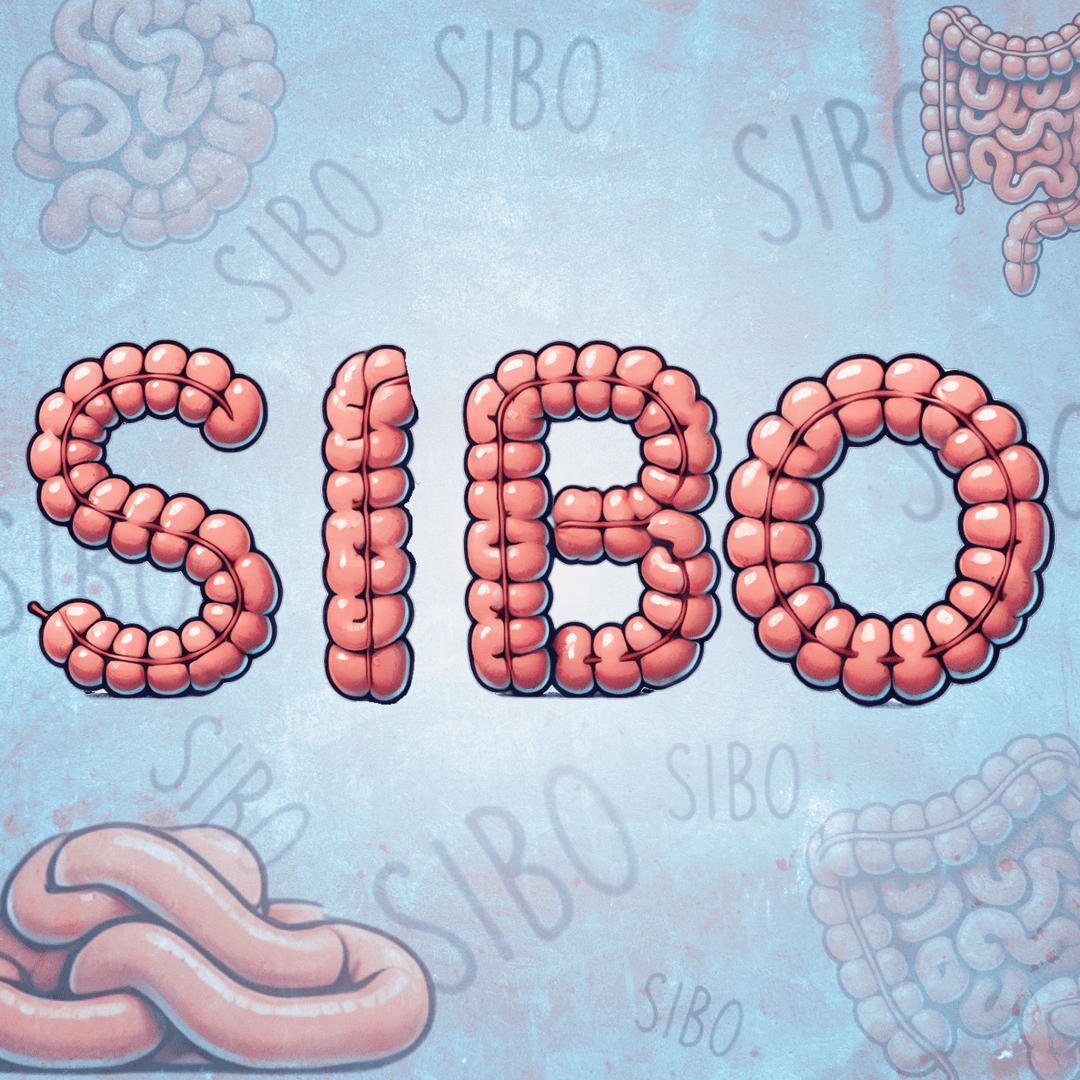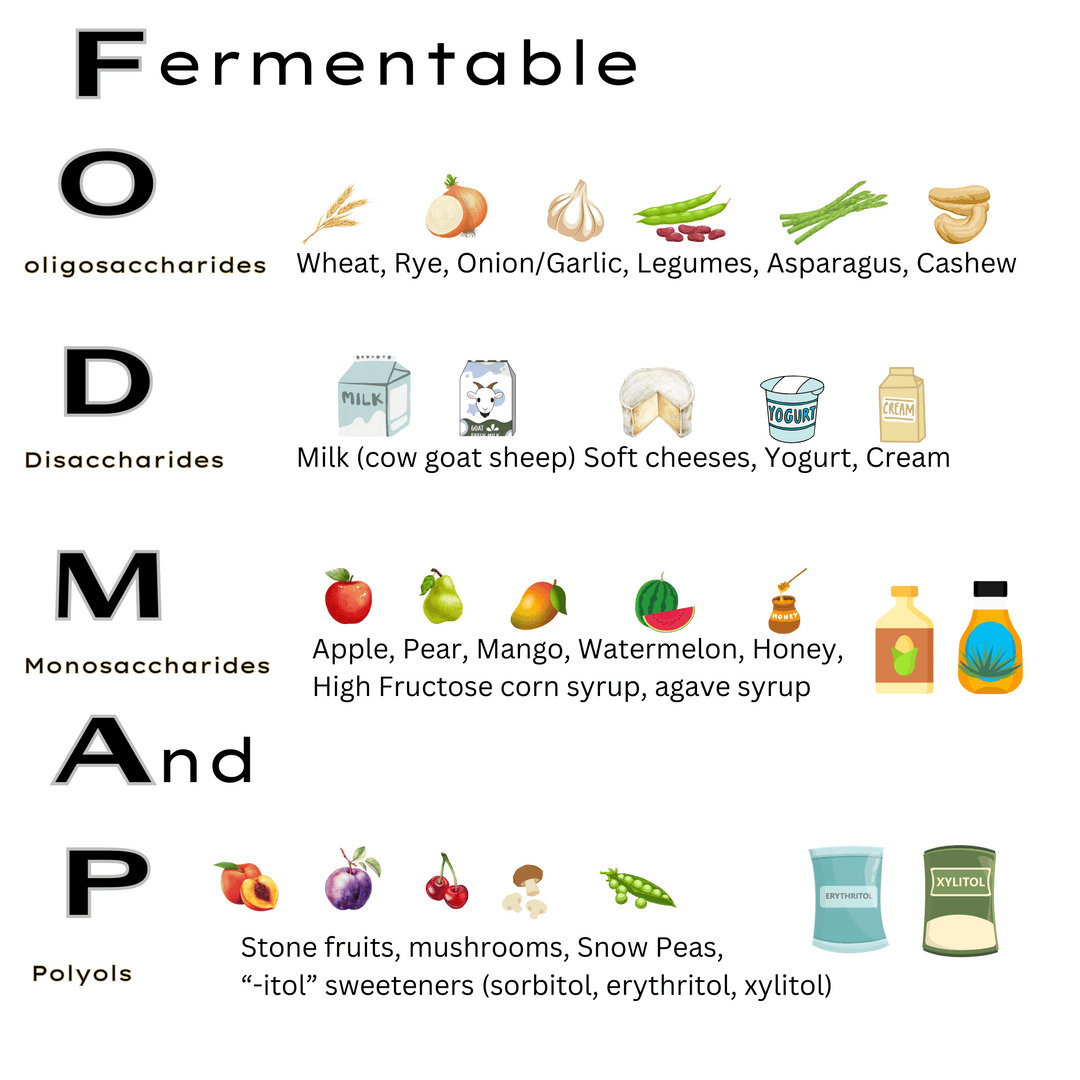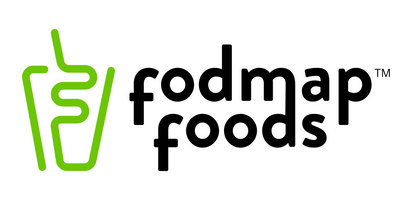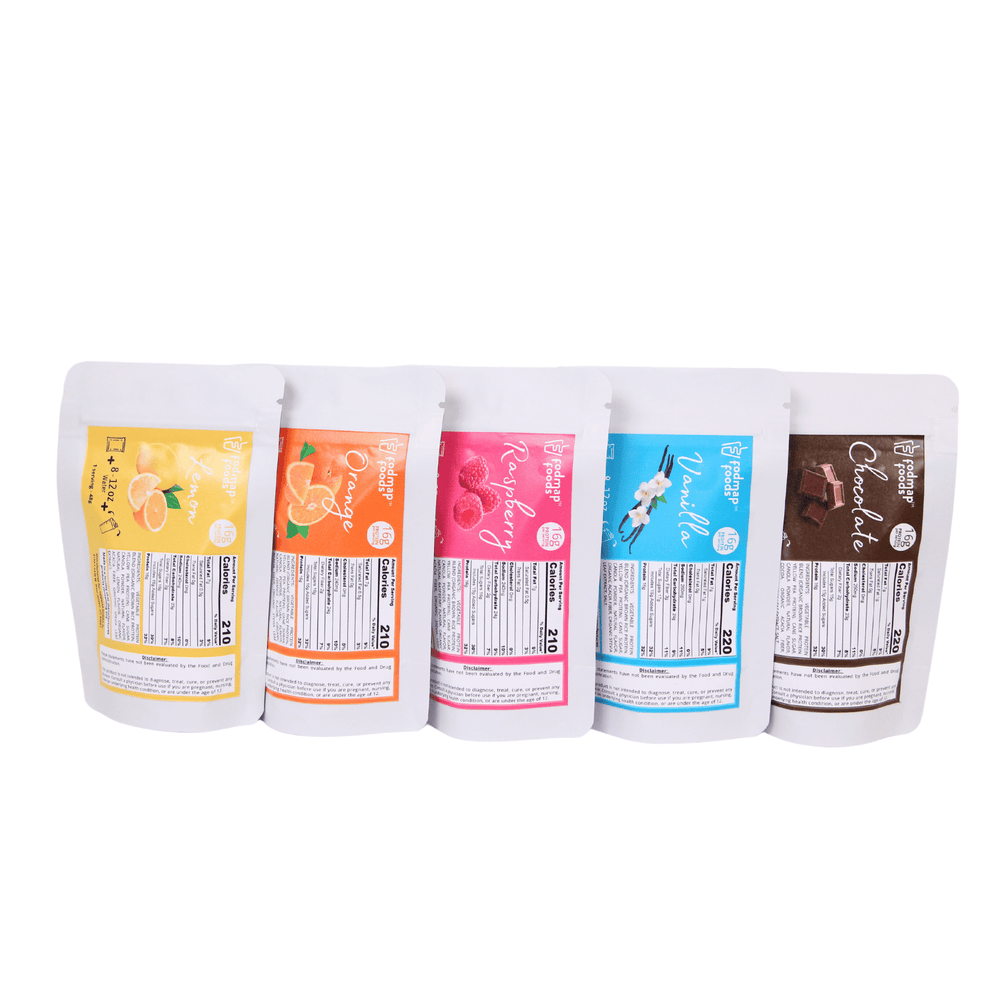News

Lots of media about the benefits of raw milk. This article explains why the farm is more important than the cow. Until you read this, safety first, avoid raw milk.
Continue reading

Discover everything you need to know about SIBO (Small Intestinal Bacterial Overgrowth) in this comprehensive guide. Learn how SIBO disrupts digestion, causes symptoms like bloating and discomfort, and how it’s diagnosed using tests like the hydrogen breath test. Explore effective treatment options, including the low FODMAP diet, antibiotics, herbal antimicrobials, and lifestyle adjustments. Plus, find out how our low FODMAP-certified meal replacement shakes provide a simple, gut-friendly solution for managing SIBO symptoms. Get tips, insights, and expert resources to take control of your digestive health!
Continue reading

The FODMAP Diet is a s scientifically backed approach to managing symptoms of IBS and reducing foods high in certain carbohydrates that are poorly absorbed, which can cause bloating, gas, and discomfort. Through phases of eliminations, reintroduction, and personalization, this diet helps you identify which foods trigger your symptoms and tailor a gut-friendly eating plan, For those suffering from IBS, the FODMAP diet offers relief by reducing digestive issues and improving overall gut health. Find our how the FODMAP diet could help you manage your guy health effectively.
Continue reading

Have you ever found yourself racing to the bathroom after a meal, or felt like your gut has turned into a circus? Welcome to the world of Irritable Bowel Syndrome, or IBS. This can be an overwhelming diagnosis to receive....
Continue reading

Get the lowdown on Apolipoprotein B, a critical player in heart health that often flies under the radar.
Continue reading




